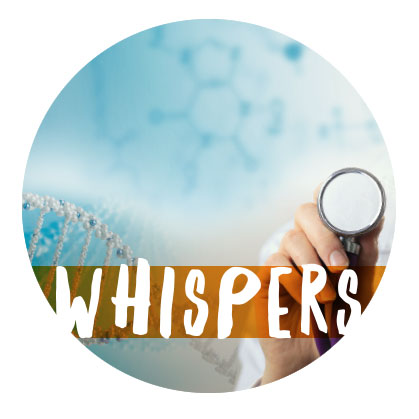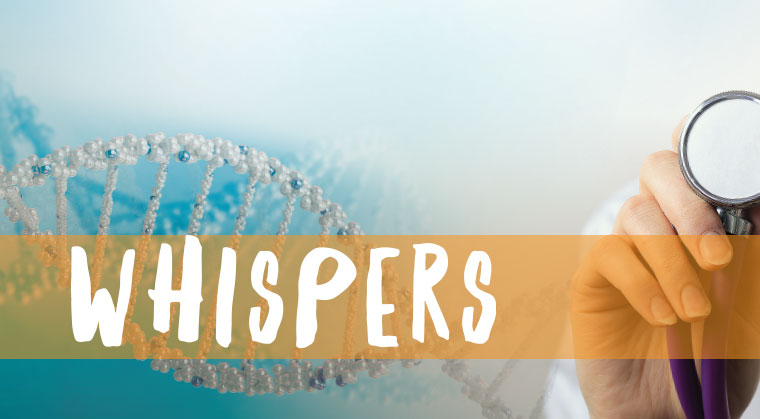Whispers: Chapter 10


L
and of the free, home of the brave. As my options in Israel narrowed and died, America, the setting for enjoyable summers, became my new home.
I grabbed any opportunity I could to integrate, landing myself in an American camp. BUR (British Unspoken Rule) 4: If you are unfortunate enough to have an inner child, keep it hidden. Here in camp, silly songs, food fights, and getting thrown in the lake, fast loosened the vestiges of my British reserve. As I worked to establish myself in this new country I had one amazing thing on my side — a new group of friends.
My best friend was definitely Advil. I was in a new country, I was a regular independent adult and I had a life to live. Without a doctor who knew my history, I deluded myself into thinking I could finally live just like everyone else. I allowed checkups and medical concerns to slide, used Advil to quiet any pain, and stayed high on what felt like freedom.
Years before, I had resolved never to be a teacher — I refused to do the model lesson in seminary and therefore flunked the education module. Naturally, after failing to succeed as a party planner’s assistant, I was offered a job as a teacher. At my interview, the principal laid out the conditions of the job: “We have one student who spends most of the day running the hallways. She can’t even stay in our special-ed classroom. If you can get her into a room with you for half an hour, you have a job.” I connected with Dina, my very special student — who looked perfect on the outside, but had many scars hidden inside, and I spent the rest of the year learning from her.
“The police came to take me,” Dina said abruptly, interrupting our parshah lesson one day, I waited, letting her go on. “They took me from my first mommy, because I was bad, so I couldn’t be with her anymore.” I held back tears, my brain scrambling to find a way to say something that should have been said six years before. “You’re a very good girl, Dina. It’s not your fault the police came, you weren’t bad, they came to help you, they wanted to help you find a mommy who could take care of you properly.” I had a much calmer student for the rest of the year, after which she settled into a classroom with other kids.
Life was fulfilling, but as my friends started dating and moving on with their lives, I tried to figure out what my options were. Secrecy in shidduchim was not an option. It was one thing to hide my medical issues from my friends, but I would never place the foundation of my future relationship with my life partner on a mountain of lies. But which shadchan would take me on, if I introduced myself and said, “By the way, I have a lifelong medical condition?!” I kept quiet as my friends talked about dates. What could I say?
When I was 22, I met an angel. A shadchan who neither hid from skeletons nor flinched when they were exposed. A shadchan who respected honesty and gave couples a chance to communicate truthfully from the start.
“I have Marfan’s,” I told Mrs. Fine when we met.
She wasn’t fazed. “I know what that is, and I made six shidduchim this year with other Marfan’s girls.”
She. Knew. What. Marfan’s. Was.
It was a revelation. And there were others just like me, leading normal lives — getting married!
“I have a boy in mind already,” she reassured me.
I gave her my resume and left dancing.
I had a future to look forward to, one that extended beyond day-to-day survival.
But was there really a boy out there who could accept the whole me?
To be continued…
(Originally featured in Family First, Issue 510)
Oops! We could not locate your form.







